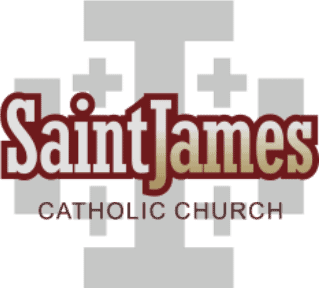At your child’s Baptism you, the parents, were told that you “would be the first and best teachers of your children in the way of faith”. Parental involvement in the preparation of your child for First Holy Communion is paramount. The parish ‘helps’, but does not replace your part in the process of leading your children in the development of their faith, through the development and example of your own life. The best preparation for the Eucharist is taking your child to Mass regularly and helping your child understand what it is all about.
The Eucharist is the most important thing in the entire Christian life because it is Jesus himself. Many Christians today speak of “having a relationship” with Jesus, and we couldn’t agree more; Jesus loves us so much he actually desires to live physically inside us through this sacrament. As our Lord says himself: “Truly, truly, I say to you, unless you eat the flesh of the Son of man, and drink his blood, you have no life in you; he who eats my flesh and drinks my blood has eternal life, and I will raise him up at the last day. For my flesh is food indeed and my blood is drink indeed. He who eats my flesh and drinks my blood abides in me and I in him.” (John 6:53-56)
The New Testament abounds with references to the Eucharist; indeed the body of Christ under the appearance of bread and wine has been the center of Christianity from the earliest days of the church.
For first communion requirements, call the parish office. If you’d like to learn more about the Eucharist and why Catholics believe what they do, please check out our RCIA class and is open to Catholics and non-Catholics alike
The Eucharist is “the source and summit of the Christian life.” The other sacraments, and indeed all ecclesiastical ministries and works of the apostolate, are bound up with the Eucharist and are oriented toward it. For in the blessed Eucharist is contained the whole spiritual good of the Church, namely Christ himself, our Pasch.” The Eucharist is the efficacious sign and sublime cause of that communion in the divine life and that unity of the People of God by which the Church is kept in being. It is the culmination both of God’s action sanctifying the world in Christ and of the worship men offer to Christ and through him to the Father in the Holy Spirit. Finally, by the Eucharistic celebration we already unite ourselves with the heavenly liturgy and anticipate eternal life, when God will be all in all.In brief, the Eucharist is the sum and summary of our faith: “Our way of thinking is attuned to the Eucharist, and the Eucharist in turn confirms our way of thinking.” CCC 1323-1327


